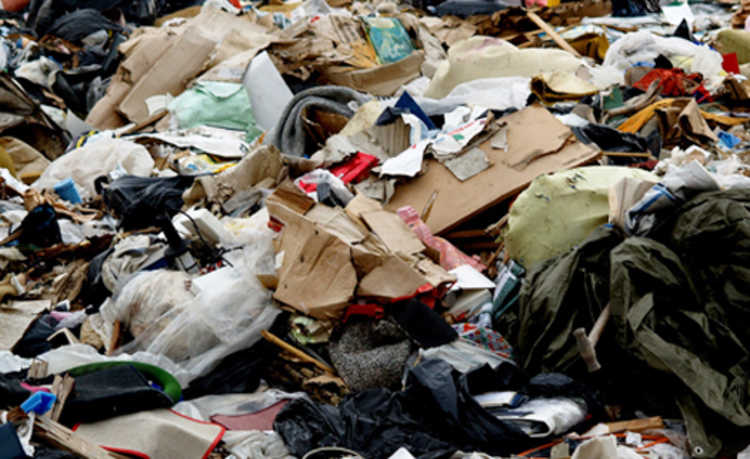Incorrect disposal of lubricating oil can cause irreversible damage to health and the environment
In addition to damage to health, lubricating oil can generate irreversible negative impacts on the environment

Every good driver knows, changing car oil is necessary and very important! But can you imagine where used lubricants go after that "general" at the mechanic? According to the National Petroleum Agency, at least 30% of the lubricating oil that reaches the workshops should be returned to the refineries for reuse.
The importance of recycling used or contaminated lubricating oil goes far beyond economic advantages. The most important reason for proper disposal is to avoid risks to health and the environment. Its carefree handling causes countless damages to health.
Because it comes from petroleum, the oil is already toxic and usually contains several types of additives that, in high concentrations, enhance its contaminating effects. All this without mentioning that incorrect handling of the lubricating oil, in addition to carrying this original charge, generates compounds that are hazardous to health and the environment, such as dioxins, organic acids, ketones and polycyclic aromatic hydrocarbons. It also contains toxic elements, such as chromium, cadmium, lead and arsenic, coming from the original formula or absorbed from the equipment's own engine.
These contaminants are mostly bio-accumulative (remain for long periods in the body) and cause several serious health problems, as shown in the table below:| Poisoning | Effects on the Human Organism |
|---|---|
| Lead |
|
| Cadmium |
|
| arsenic |
|
| Chrome |
|
| Dioxins |
|
| Polycyclic (Polynuclear) Aromatic Hydrocarbons |
|
As well as damage to the health of people who come into direct contact with the waste, oil also has great destructive power when it is incorrectly disposed of in the environment, causing irreversible damage.
Used or contaminated lubricating oil, as it is not biodegradable, takes decades to disappear in nature. When it leaks or is thrown on the ground, it makes it unusable, both for agriculture and buildings, killing vegetation and microorganisms and destroying humus, in addition to causing infertility in the area, which can become a source of vapors of hydrocarbons.
When dispensed into the soil, the substance can reach the water table, damaging the wells in the surrounding region. A liter of lubricating oil can contaminate a million liters of water. Furthermore, if thrown into the sewer, it will compromise the functioning of the water treatment plants, even, in some cases, causing the interruption of the operation of this essential service.
When burned (which is illegal and constitutes a crime), used or contaminated lubricating oils cause a strong concentration of pollutants within a radius of two kilometers. There is also the generation of a large amount of particulates (soot), producing precipitation of particles that, literally, they stick to the skin and penetrate people's respiratory system.
Stay tuned
It is important to make sure that your workshop disposes of oil properly. Reusing engine lubricant is very common. At the Sete Lagoas refinery, two million liters of oil are recycled per month. Stay tuned, this account is also yours!Source: APROMAC










